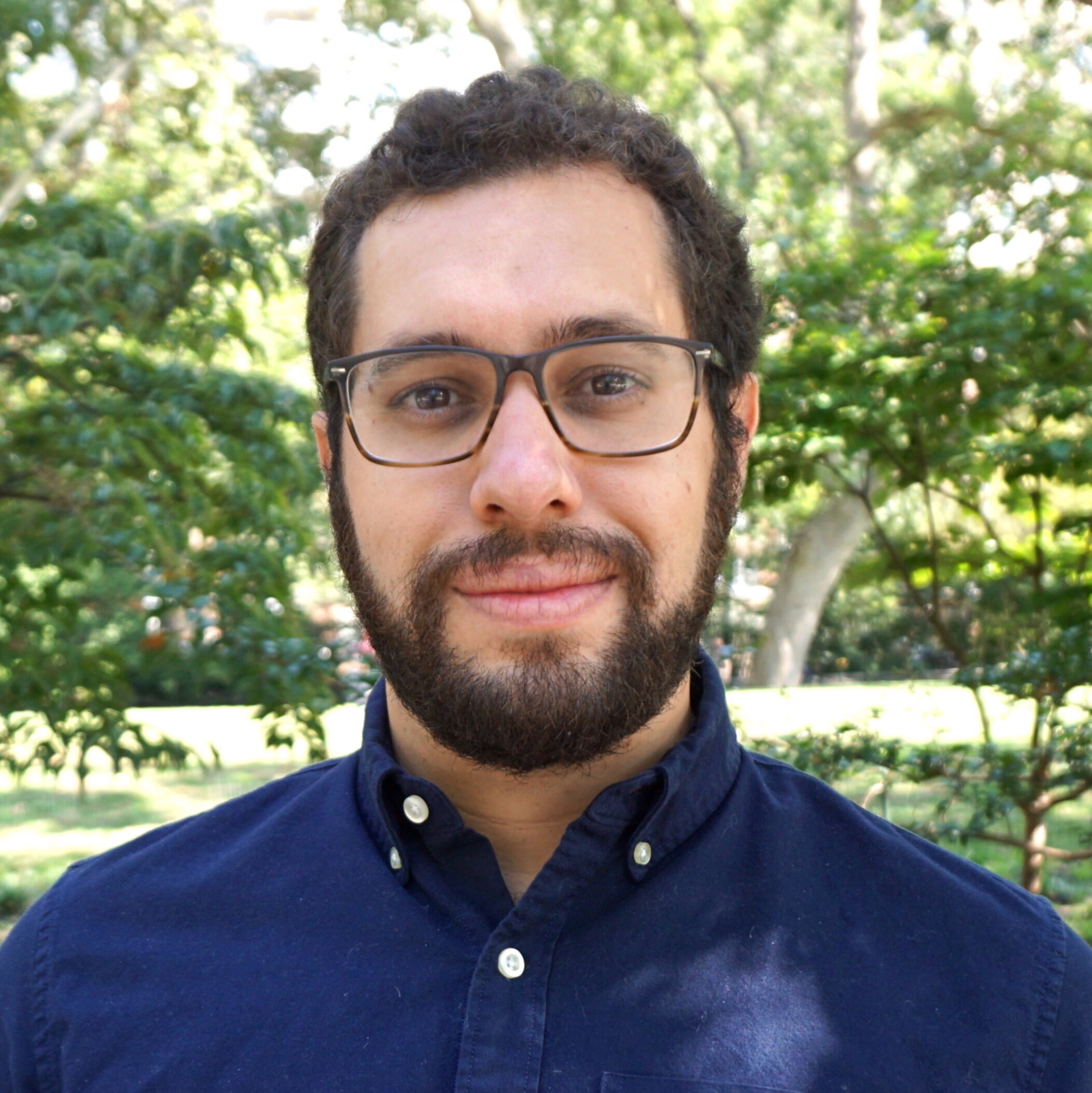NYU CS-GY 6923 Machine Learning
An introduction to the exciting field of machine learning through a mixture of hands-on experience and theoretical foundations.
Lectures: Friday 2:00pm-4:30pm, 2 Metrotech, Room 911.
Zoom Recordings available through Brightspace.
Professor office hours: Wednesdays 10am-11:30am, on Zoom.
TA office hours:
Marc: Tuesdays 1pm-3pm, on Zoom.
Prajjwal: Fridays 11am-1pm, in person, 8th floor common area 370 Jay St.
Usaid: Wednesday 1pm-3PM, on Google Meets.
Grading breakdown: Written Problem Sets 20%, Programming Labs 20%, Midterm 25%, Final Exam 25%, Participation 10%
Ed Discussion: All course communication will be via Ed, so please join our site from Brightspace. Please use Ed instead of email for any questions. We prefer that lectures or homework questions are asked publicly, since they will often help your classmates. Ed also supports private questions for things relevant only to you.
Python and Jupyter: Demos and labs in this class use Python, run through Jupyter notebooks. Jupyter lets you create and edit documents with live Python code and rich comments and images. We suggest that students run their Jupyter notebooks via Google Colaboratory, and we will share them via Colab.
Prerequisites: Modern machine learning uses a lot of math! Probably more than any other subject outside of theoretical computer science. You can get pretty far with an understanding of just calculus, probability, and linear algebra, but that understanding needs to be solid for you to succeed in this course. Formally we require a prior course in probability or statistics. If you need to freshen up on linear algebra, this quick reference from Stanford is helpful.
Homework: Homework (both written problems and coding labs) must be turned in to Gradescope by the specified deadline. You can access our site via Brighspace. You are allowed 3 "slip days", i.e., one day extensions for any 3 assignments over the course of the semester.
Labs should be turned in as evaluated Jupyter notebooks. Do not clear the output before turning in.
While not required, for written problem sets I encourage students to prepare problem sets in LaTeX or Markdown (with math support.)
You can use this template for LaTeX. While there is a learning curve, these tools typically save students time in the end! If you do write problems by hand, scan and upload as a PDF.
Discussion is allowed on homework, but solutions and code must be written independently. See the syllabus for details. We have a zero tolerance policy for copied code or solutions: any students with duplicate or very similar material will receive a zero on the offending assignment. My advice is to never share code or solutions with other students.
Resources: There is no textbook to purchase. I may post readings, some of which will come from the following book, which is available free online via the NYU library:
- An Introduction to Statistical Learning by James, Witten, Hastie, and Tibshirani.
| Lecture # | Topic | Reading | Homework | |
|---|---|---|---|---|
| Function Fitting and Regression | ||||
| 1. 9/6 | Introduction to Machine Learning, Loss Functions, Simple Linear Regression, Multiple Linear Regression |
|
||
| 2. 9/13 | Finish Multiple Linear Regression, Data Transformations, Model Selection |
|
|
|
| Bayesian Methods and Probabilistic Models | ||||
| 3. 9/20 | Regularization, Naive Bayes, the Bayesian Perspective |
|
|
|
| 4. 9/27 | More Bayesian Machine Learning, Modeling Language |
|
|
|
| Classification | ||||
| 5. 10/4 | K-nearest neighbors, Logistic Regression, Optimization |
|
|
|
| 6. 10/11 | Gradient Descent |
|
|
|
| 7. 10/18 |
Midterm Exam Midterm will take first half of lecture. Second half will be a short lecture on Differential Privacy in machine learning. |
|
||
| 8. 10/25 | Stochastic gradient descent, introduction to learning theory and the PAC model |
|
|
|
| Beyond Linear Methods | ||||
| 9. 11/1 | Kernel Methods, Support Vector Machines |
|
|
|
| 10. 11/8 | Finish SVMs, Introduction to Neural Nets |
|
|
|
| 11. 11/15 | Backpropagation, Convolution, Feature Extraction |
|
|
|
| Unsupervised Learning | ||||
| 12. 11/22 | Finish Convolutional Nets, Adversarial Examples, Auto-encoders |
|
||
| 11/29 | Thanksgiving break, no class. | |||
| 13. 12/6 | Principal Component Analysis, Semantic embeddings | |||
| 14. 12/11 | Finish semantic embeddings, image generation, introduction to Reinforcement Learning |
|
||
| 12/20 | Final Exam | |||





